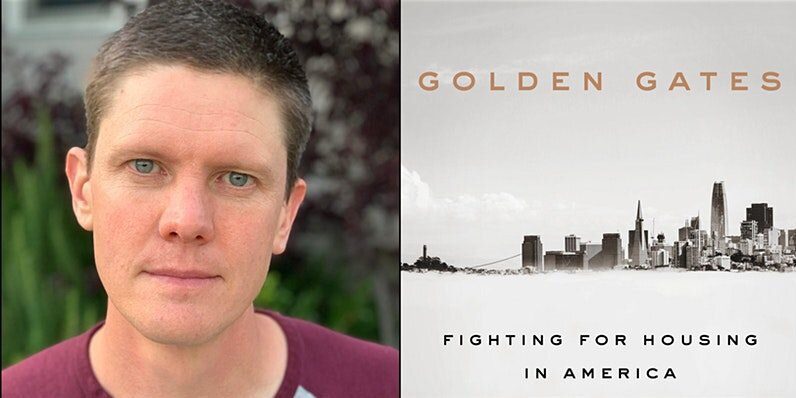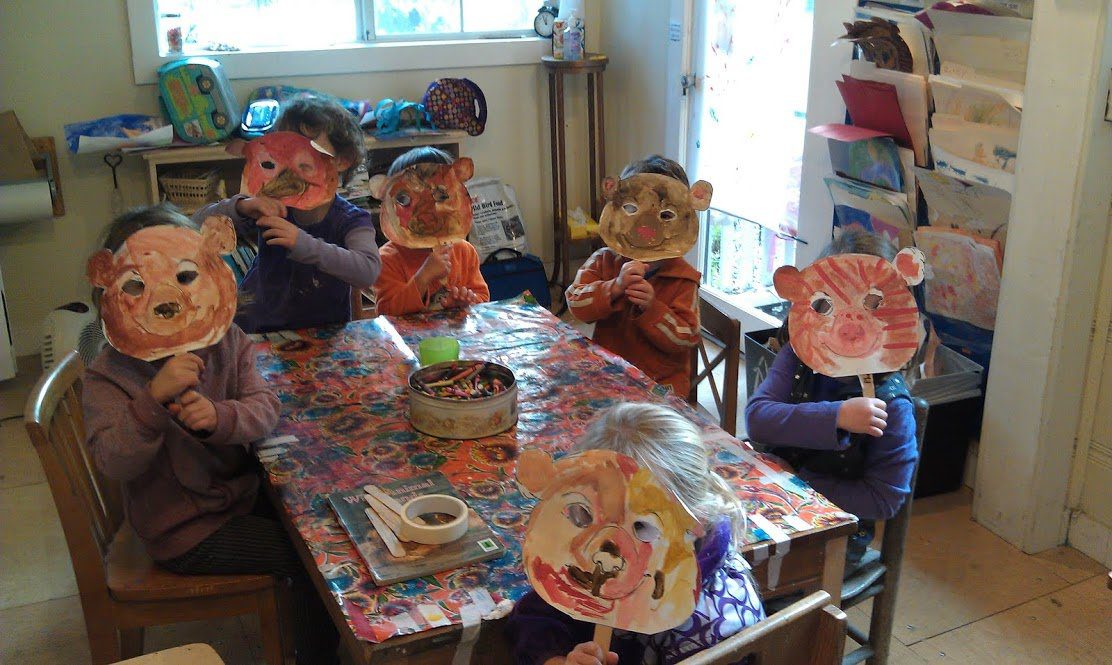
Perspective: We live in a nation of strangers. That needs to change
Diversity is not the source of our current problems. We have become troublingly incurious about our neighbors
By Daniel Cox
Printed in The Deseret News March 13, 2022
After the 2016 election, there was a palpable feeling of bewilderment among Democrats who wondered how so many of their fellow citizens could have voted for Donald Trump. For many on the left, it was the disorienting sense of living in a country that they no longer recognized. But while this may have been a new feeling for liberals, many conservatives have long thought they were a “stranger in their own country.”
The United States is a nation with an incredible amount of racial, political, religious and geographical diversity. It’s no wonder that we don’t often agree with each other. But diversity is not the source of our current problems. Instead, it’s that we have become deeply incurious about each other, no longer interested in getting to know even the people who live next door. We live in a nation of strangers. Even when we do talk to our neighbors we’re increasingly doing it online, using platforms like Nextdoor or Facebook.
Ironically, the information age has provided us with more opportunities than ever to learn about our fellow citizens, even those in the most far-flung parts of the country. But while social networking sites may be a great way to interact with strangers, they are a poor way to get to know someone. Scrolling through Instagram may provide the illusion of intimacy, but the images and videos in our feed often bear only a passing resemblance to reality. While it may feel like we are more connected than ever, the reality is that we are profoundly ignorant about the way that many of our fellow citizens think, what they feel and what they want.
As a nation, we need to embrace curiosity and cultivate the desire to learn from each other. There is no simple remedy for this. Human beings are experts at self-sorting. Many of the choices we make, conscious or not, are designed to insulate ourselves from people who do not share our values, backgrounds or beliefs. Social media algorithms designed to filter out differing opinions have only alienated us further.
How can we hope to learn anything about people who are different from us when we only interact with people who are similar to ourselves?
Well, one way is to ask them. As a professional question asker, I spend most days asking people highly personal questions about the way they live their lives, what they care about and who they trust. I’m constantly trying to understand people’s beliefs, values and motivations. And I’ve found that polling is an effective way to combat stereotypes and appreciate the contradictions and inconsistencies we all share.
In our personal lives, getting to know someone is an incredibly potent method of reducing prejudice. Time and again, social scientists have found that as we develop warmer feelings toward someone who belongs to an outgroup, our attitude toward the entire group changes. We become more understanding and empathetic.
A group of social scientists tested this proposition in the real world by bringing 500 Americans together for a long weekend in 2019. The project, America in One Room, was overwhelmingly effective. Instead of the typical one-off interactions we usually have with strangers, the project’s participants had three days to get to know each other on a more personal level. By the end of the weekend, the number of participants who believed that “American democracy worked well” had doubled — to 60%.
But it’s a lot to ask people to make friends and spend time with others for the sole purpose of reducing societal discord and intergroup animosity. We don’t work that way, and many people with harried family lives simply don’t have the time. Fortunately, there are other ways to get at this problem. Research has shown the simple act of reading a book about people different from you can increase our understanding and appreciate their perspectives.
Where we live and how we engage in our community also offers opportunities to learn about and connect with people different from ourselves. New research I conducted at the Survey Center on American Life shows that Americans who live in close proximity to neighborhood amenities — such as libraries, coffee shops and public parks — have more diverse social ties. Even if you don’t live in an amenity rich area, a local spot in the community you go to regularly — a third place — can increase your likelihood of having more diverse connections.
The pandemic has made all of this more difficult. We are spending a lot more time online and less time in the very places that provide opportunities to learn about the people around us.
Americans today seem so ready to judge each other based on the most superficial amount of information. We should want to know more about not only what people think, but also to understand why they think that way. And you can’t do this without getting to know them. Curiosity is the gateway to empathy.
Of the many problems that we face as a country, the lack of faith we have in each other is one of the most concerning. If we’re ever going to trust each other again, we’ll need to start learning a lot more about each other first.
Daniel Cox is the director and founder of the Survey Center on American Life and a research fellow in polling and public opinion at the American Enterprise Institute (AEI), where he specializes in survey research, politics, youth culture and identity, and religion. Before joining AEI, he was the research director at PRRI (Public Religion Research Institute), which he cofounded and where he led the organization’s qualitative and quantitative research program..




